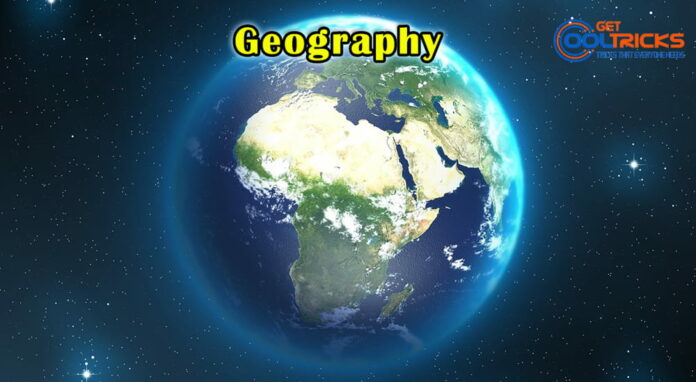Due to the Globalization scenario, the evolution of international trade resulted in the formation of WTO. To bring transparency in the trading of Goods& Services among the nations led to an agreement that goes by the name GENERAL AGREEMENT ON TARIFFS & TRADE (GATT) in 1947.
The evolution of the trading system in the world began with this agreement which lead to the formation of a fully autonomous democratic organization called WTO.
WTO details & services
- The very long-drawn Uruguay round negotiations spanning from 1986 to 1994 made the way for the establishment of WTO on 1st January 1995.
- The current membership of WTO stands at 164 countries.
- It is the world’s largest organization in the wing of international trade which accounts for 98% of the global trade & GDP.
- It overlooks and directs the policies of member countries related to its principles and functions & they are
- Trade in agriculture (Agreement on agriculture)
- Trade in services (GATTS)
- Trades related to intellectual property rights (TRIPS)
A separate wing for Dispute resolution and trade policy review was formed on a basis of the agreed terms among countries and they are the Dispute settlement mechanism & Trade policy review mechanism. The WTO thrives to implement nondiscriminatory practices in trade & facilitates National Treatment & MFN ( Most Favored Nation ) status for the member countries.
Ministerial Conference Body
- The ministerial conference body is the final decision maker of the WTO, which is programmed to meet every 2 years.
- The last conference that was held in Buenos Aires, Argentina was the 11th one which took place on 10th – 13th December 2017
- The upcoming conference which takes place in Geneva on 13th June 2022 was agreed upon by the WTO members on 23rd February 2022
WTO & India
The outcome of the 11th ministerial conference was mostly negative for the mandatory issues, This is because of the strong position of one of the member countries (The USA) against Agricultural reforms. This resulted in a tie of the decision on permanent food security and also a work program for the next 2 years.
India strongly put efforts into the implementation of the fundamentals of the WTO and stood for the special & differential treatment of Developed & Developing nations. On the other hand, India continued its efforts & negotiations with the countries having similar viewpoints at mini-ministerial conferences to reach a consensus on the issues which led to the tie in the final decision-making of the main conference. The implications of global trade and WTO on the Indian economy are largely the effect of global demand and supply.
India which is primarily an agricultural-based economic state transformed itself into a service-based economic state in the course of time. The dynamic conditions of the world economy and the dominance of the western & other developed economies impacted the Indian economy both in positive and negative ways.
At a point in time, a country’s trade pattern was dependent completely on its availability of natural resources & land productivity, the change that occurred after the industrial revolution era gave an advantage to the countries with capital availability.
The prices of agricultural products changed in the world & domestic markets across countries. This price situation clubbed with the advantages of WTO policies that India got after 1996 which was the first year after the implementation of the Uruguay round agreement and the formation of WTO made India reach even the corner markets of the world in exports.
But the price scenario between the world and Indian markets made India a victim which got hit with cheaper agricultural imports that affected the domestic agricultural economy. This led to a decline in agricultural exports and also pressurized domestic prices, with the exception of the first 3 years after the formation of the WTO. India is been experiencing a huge surge in agricultural imports while exports were declining.
A study on the exports and imports ratio of agricultural goods in India states that the yearly imports used to be around 1,190 million $ USD before the formation of WTO and exports around 3,725 million $ USD. On the other hand, after the formation of the WTO, the imports surged to 1,996 million $ USD while the exports surged to 6,530 million $ USD.
Actions need to be taken
- The domestic product must be made competitive enough in the global market and better pricing methods needed to be applied in the domestic markets.
- The pharma sector in India could be leveraged to its full potential by setting up research facilities & providing better conditions as India has a better comparative advantage in the wing of pharma.
- The huge availability of human resources in India can be tapped as well to make every citizen in India self-sufficient through skill training programmes. as our country has already proven its strength in the global service market, we can optimize & monetize the advantage we already have.
- The textile industry can be leveraged by equipping it with modern machinery and technology as it was our traditional field of success our country has already experienced.
- Several other potential industries like automobiles, food processing industries etc. need improvement as we are very far away from the global reach of our brands.
- India definitely needs a wing of marketing expertise to create awareness and promote the Indian brand image.
- Promoting the traditional arts, design, and textile industry, and monetizing the pharma opportunities are other such steps that need to be taken to improve the economy.


